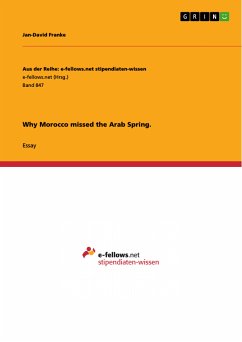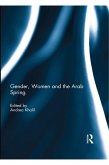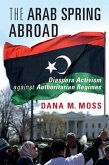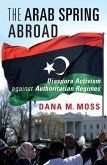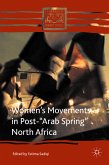Essay from the year 2011 in the subject Sociology - Politics, Majorities, Minorities, grade: 1.0, Jacobs University Bremen gGmbH, course: Mass Beliefs and Democracy, language: English, abstract: In the early 2011 the people of many Arabic countries decided to no longer take the repressions that they had been subjected to for decades. Starting with the self-ignition of a young Tunisian, the call for deposition of the despots, for the granting of basic civil and human rights and thereby for democracy lead to a movement - often referred to as "the Arab Spring" - never seen before in that region of the earth. In Tunisia and Egypt the demonstrators accomplished to remove the potentates remaining peacefully despite the violent suppressions they were facing. In Lybia the rebels eventually gained power through a civil war being supported by the United Nations and the NATO. In Yemen and Syria the situation can still develop in several directions. In Bahrain endeavors have been violently nipped in the bud. Morocco, however, remains a puzzling exception. In my paper I will analyze the possible explanations the WorldValuesSurvey offers for the relatively reserved uprisings observed in Morocco. Therefore the "fundamental predispositions in favor of democratic orders"(p189) by Lasswell and especially the complementing "dogmatism scale" by Rokeach - as both discussed in Welzel (2007) - will serve as the theoretical foundation for assessing certain results given by the WVS. Rokeach's explanatory approach can basically be seen as the reversed analysis on the same issue: Lasswell provides preconditions that facilitate democratic behavior in an individual, Rokeach measures the "closed"-mindedness that prevents democratic behavior in an individual, therefore both approaches can be perceived as complementing. I will focus my analysis on Rokeach's dogmatism scale. The perception that an open-mindedness towards other human beings and its various manifestations plays an important role in several areas is retrievable in many fields of social science, for example Putnam5 argues that it is crucial for social capital and civicness, Inglehart that post-materialism fosters open-mindedness in social coherences.
Dieser Download kann aus rechtlichen Gründen nur mit Rechnungsadresse in A, B, BG, CY, CZ, D, DK, EW, E, FIN, F, GR, HR, H, IRL, I, LT, L, LR, M, NL, PL, P, R, S, SLO, SK ausgeliefert werden.

